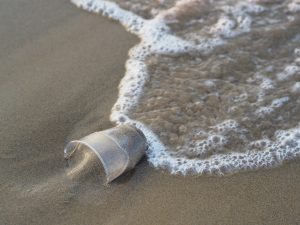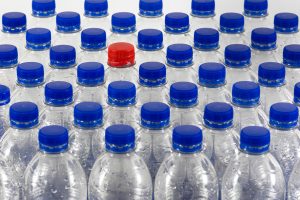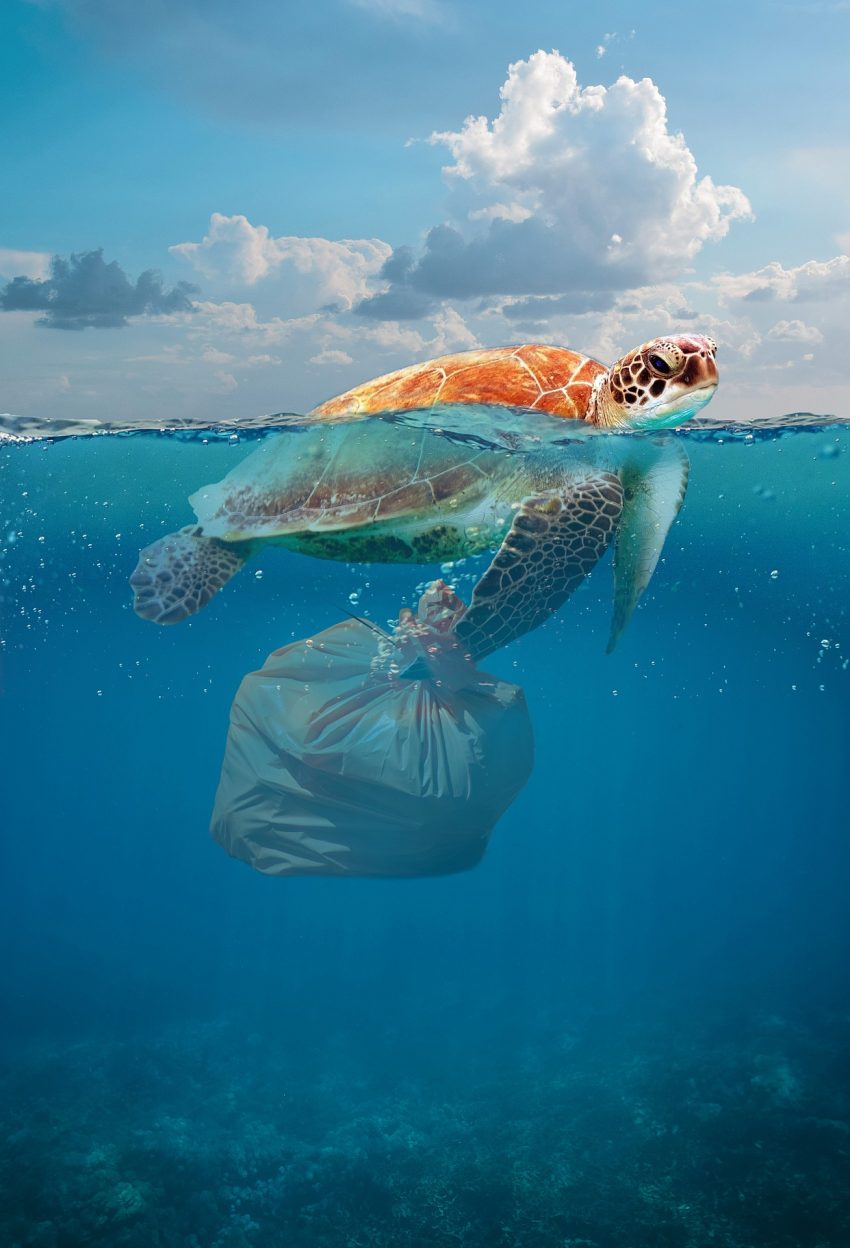According to environmentalists and ecologists, between 4 and 12 million metric tons of plastic enter the ocean each year. From sea turtles and whales to seabirds and fishes, plastic debris impacts on the life of all marine species and their habitats, injuring and killing them.
So, what can we do to reduce the amount of plastic that are shameless dumped in the ocean?

1. Minimise single-use plastics
Be it plastic bags, bottles, straws, cups and other products, the first thing is to deal with these single-use plastic products. Refuse single-use plastics by purchasing reusable grocery bags, or glass water bottles. These simple actions would help inform businesses to look for other, more ecological, alternatives.
2. Recycling
When you use single-use (and other) plastics that can be recycled, always be sure to recycle them. Keep a separate garbage container for all your single-use plastic items first of all. It’s also important to check with your local recycling centre about the types of plastic they accept.
3. Participate in beach or river cleanup
Organising and participating in beach or river cleanup is a concrete step towards removing and preventing plastic from entering the ocean. Additionally, this is a great way to motivate youngsters and adults to clean their beaches and, at the same time, educate them about the dangers of plastics to the marine life. You can simply go to the beach or waterway and collect plastic waste on your own or with friends or family.

4. Raise awareness via social media
Sharing, reacting and commenting on videos about plastic pollution (or any type of pollution) on Facebook, Twitter or Instagram is an effective way to raise awareness about the dangers of plastics. Small videos about the impact of plastic pollution can help educate people in your community and friends about this issue. Stay informed on issues related to plastic pollution and help make others aware of the problem by sharing posts and videos about plastic pollution.
5. Ban products with microbeads
Microbeads are found in some face scrubs, toothpastes, and bodywashes, and they readily enter our oceans and waterways through our sewer systems, and affect hundreds of marine species. Avoid products containing plastic microbeads by looking for “polythelene” and “polypropylene” on the ingredient labels of your cosmetic products.
7. Join a movement addressing plastic pollution
Join any non-profit organisations working to reduce and eliminate ocean plastic pollution in a variety of different ways. Participate in their rallies and meetings to help address the growing problem of plastic pollution. Even if you are not an active member, you can make your contribution by donating money to these groups to help them continue their fight.

